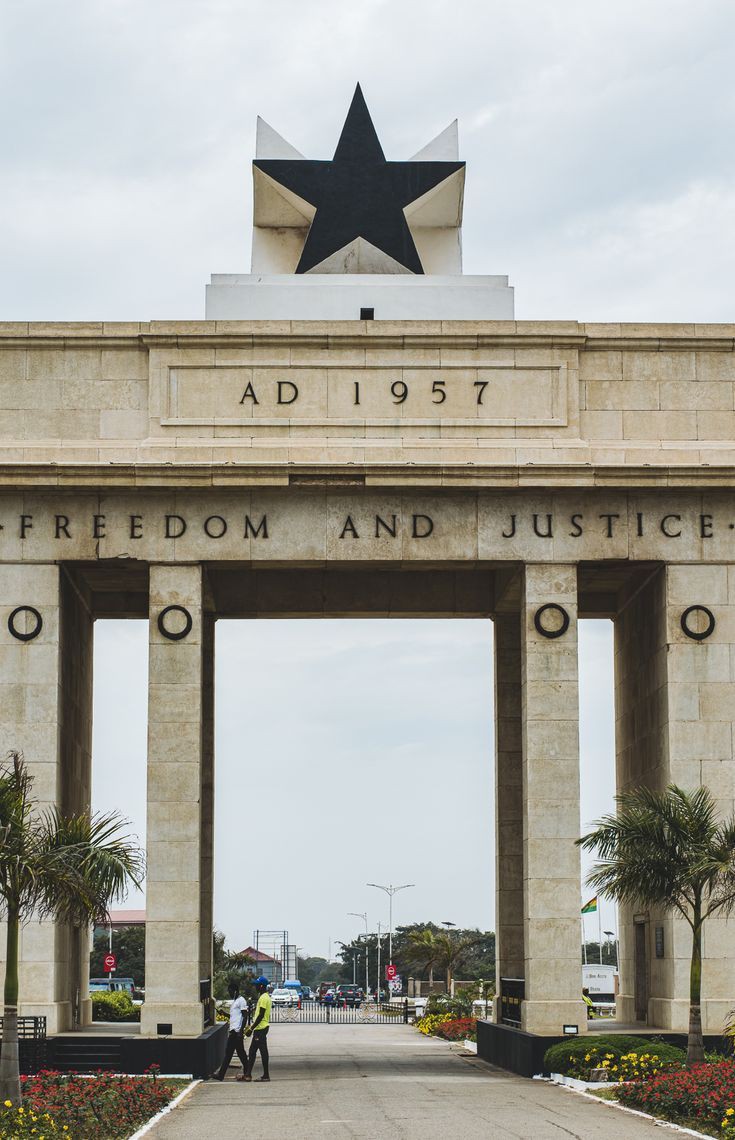Despite the increasing cases of COVID -19 in some parts of Asia, Europe, and America, the death record of the dreaded virus has continued to fall in Africa according to the Nigerian Center for Disease Control, NCDC.
The NCDC Director General Dr. Ifedayo Adetifa disclosed this at a meeting with the Nigerian minister of health, Dr. Ehanire Osagie, on COVID-19 response and development in the health sector in Abuja, stating that the African region reports 73% and 32% of new CIVID-19 cases and deaths compared to recent records.
Adetifa explained that in the Americas and Western Pacific (including China), there has been a 74% and 29% increase in cases and a 49% and 35% increase in deaths respectively.
“The increase in these countries in part is a component of the winter exacerbation of respiratory illness”.
“The resurgence of COVID-19 in China following the relaxation of the country’s zero-COVID policy and the unsurprising increase in cases, hospitalisation and deaths also attracts concerns about the possible emergence of new variants of concern with heave population transmission of SARS-CoV-2”
“The variants circulating in China are predominantly BA.5.2 and Bf.7 which made up 90% of all isolates. These variants have been circulating in other parts of the world including Nigeria (156) since 2022” he said.
Adetifa added that an Omicron subvariant, XBB.1.5, that was originally detected in New York in October 2022 is on the increase in US and Europe and has now been identified in more than 25 countries.
“The XBB.1.5 is the most transmissible form of omicron but it is not clear if it is more virulent than its ancestor”.
“In Nigeria, we have had 5,708,974 samples tested, 266,463 confirmed cases, 259,850 discharged cases and unfortunately 3,155 deaths have been recorded in 36 states and the Federal Capital Territory.
“As confirmed by our data, COVID-19 has and continues to follow a different epidemiological course in Nigeria and most of Africa, with lesser cases, admissions, and deaths from the Omicron sub-lineages”.
He, therefore, reiterated that the NCDC-led COVID-19 EOC is closely monitoring the rise in the new Omicron sub-lineages XBB.1.5 in the UK and US, the current resurgence COVID-19 trends in China, and other countries with a high volume of traffic to and from Nigeria.
“It is important to note that regardless of COVID-19 variants in different parts of the world, severe disease, admissions, and deaths disproportionately affect the unvaccinated population. Adding that Nigerians must get vaccinated to prevent the spread of the virus, hospitalization, and death.
The coronavirus disease (COVID-19) is now dominating the lives of several people, and its history is constantly being rewritten.
The latest coronavirus known as COVID-19 began quietly and spread very rapidly. On 31 December 2019, the World Health Organization (WHO) was formally notified about a cluster of cases of pneumonia in Wuhan City, home to 11 million people and the cultural and economic hub of central China. By 5 January, 59 cases were known and none had been fatal. Ten days later, WHO was aware of 282 confirmed cases, of which four were in Japan, South Korea, and Thailand. There had been six deaths in Wuhan, 51 people were severely ill and 12 were in critical condition. The virus responsible was isolated on 7 January and its genome was shared on 12 January. The cause of the severe acute respiratory syndrome that became known as COVID-19 was a novel coronavirus, SARS-CoV-2. The rest is history, albeit a history that is constantly being rewritten: as of 12 May, 82,591 new cases of COVID-19 worldwide were being confirmed daily and the death rate was over 4200 per day.
COVID-19 presents an enormous global challenge that has required levels of intervention on a scale that is unprecedented. In one sense, it is a new threat: SARS-CoV-2 emerged as a novel virus to which humans had no immunity, it spreads exceptionally quickly, carries a high mortality, and can overwhelm the capacity of health services to treat the most seriously ill. But it is not incomparable: similarities with other coronaviruses and recent epidemics mean that infection control measures are well-rehearsed and existing technologies can be deployed to speed the development of new vaccines and treatments.
Individuals have been advised to continue to adhere to the recommended non-pharmaceutical intervention (NPIs) such as the use of facemasks, good hand and respiratory hygiene, and avoidance of crowded spaces. Vaccination and booster jabs have also been advocated for all.


